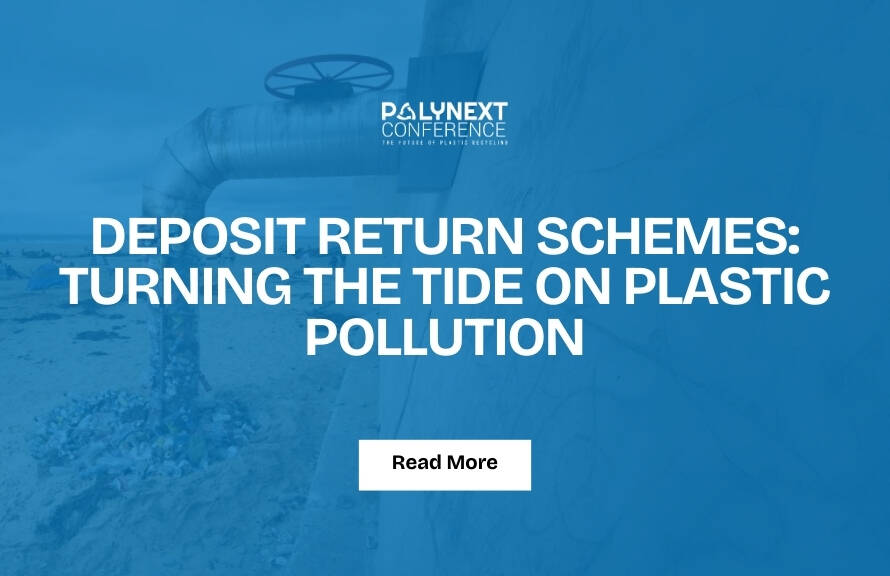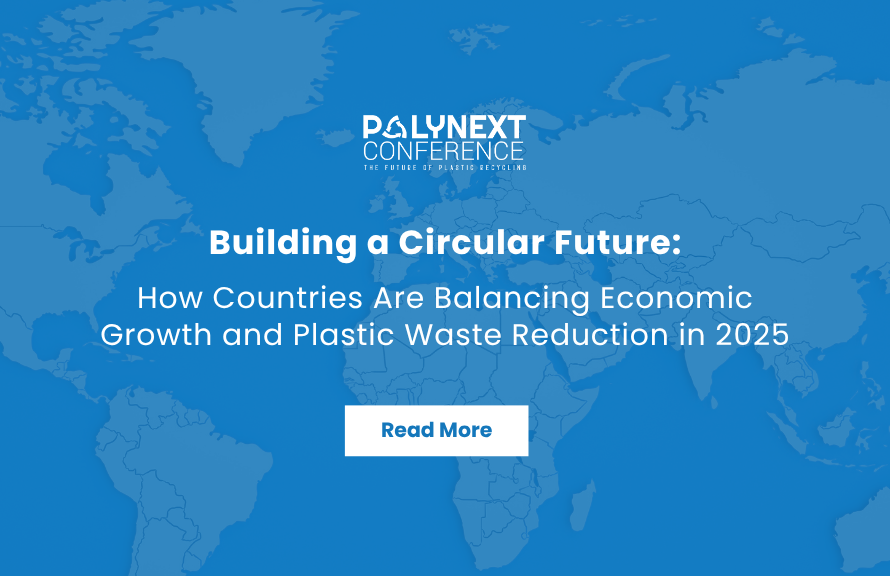Plastic pollution remains one of the most urgent environmental crises of our time—but the solutions are not only known, they are accelerating. A landmark UNEP report, Turning off the Tap: How the world can end plastic pollution and create a circular economy (2023), offers a systems-level roadmap: reduce, reuse, reorient, and recycle. [ UNEP Report]
The momentum continued into 2025, with governments, startups, and industries stepping up with innovative tools and policies that make systems change not just possible, but profitable.
1. Cut the Problem at Its Source
The first step? Eliminate unnecessary plastic from the start. In 2025, several major brands, including Unilever and Nestlé, began scaling solid-format alternatives to shampoos, detergents, and food products, eliminating water-based transport and single-use bottles. India’s Plastic-Free Packaging Innovation Challenge is also driving local startups to rethink everyday products using compostable starch-based films and banana fiber packaging.
Japan developed a biodegradable plastic using marine algae that fully degrades in ocean water within 3 months, offering promise for reducing marine plastic waste.
2. Bring Back the Reuse Culture
Refill-and-reuse stations are becoming mainstream. In France, Carrefour supermarkets have introduced smart reusable container systems where QR codes track container return rates—rewarding consumers for sustainable behavior.
Several Asian and African cities are piloting app-based reverse vending machines, where users can return containers at metro stations or retail outlets in exchange for credits or cash.
3. Reorient and Diversify the Market
Business models are shifting from ownership to service. Packaging-as-a-Service startups like Algramo and RePack are now working with e-commerce giants to reduce single-use shipping materials.
The EU passed the Green Claims Directive, requiring brands to back up sustainability claims with evidence—reducing greenwashing and pushing genuine innovation in plastic alternatives.
Governments are also incentivizing circular business models through Extended Producer Responsibility (EPR) frameworks and tax breaks for low-impact materials.
4. Make Recycling Work
Recycling remains a bottleneck. But AI and robotics are transforming the game. In 2025, companies like AMP Robotics and TOMRA have introduced next-generation sorting systems that use computer vision to separate plastics by type, colour, and resin at high speed, reducing contamination and increasing recycling rates.
Singapore launched a nationwide blockchain-enabled recycling traceability platform, ensuring transparent tracking from collection to reuse, boosting public trust and participation.
The Bigger Picture
These aren’t future dreams—they’re happening now. Systems change is no longer theoretical. It’s being built, scaled, and shared. UNEP estimates that transitioning to a circular plastics economy could reduce global plastic pollution by 80% by 2040 while saving governments $70 billion and creating 700,000 new jobs.
Spotlight: PolyNext 2025 — Accelerating Circular Solutions
The upcoming PolyNext 2025, in Dubai promises to build on this momentum. The conference will convene innovators, policy leaders, and technologists to explore:
Biodegradable innovations from Asia and Europe
Smart waste collection systems
Digital product passports for packaging
Circular design for e-commerce
Dubai is already taking bold steps beyond hosting. Under Executive Council Resolution No. 124 of 2023, the emirate is phasing out the use of single-use plastic bags and products. Plastic bags were banned in January 2024, with all single-use bags—including paper and biodegradable—banned by June 2024. The ban will extend to straws, stirrers, and Styrofoam by 2025, and cutlery, lids, and plates by 2026. (Gulf News)
Dubai has also adopted tech-forward recycling initiatives, such as Yalla Return, a smart recycling program supported by the Alliance to End Plastic Waste. It uses QR-coded bags, mobile apps, and reward points to boost recycling habits across communities. (Alliance News)
PolyNext 2025 will spotlight these homegrown initiatives, turning Dubai into a case study of how policy, innovation, and citizen participation can create scalable circular economy solutions.
Conclusion
Solving plastic pollution isn’t about better trash bins—it’s about redesigning the system. From algae-based materials to AI-powered recycling, the path to a circular economy is being paved in real time. With political will, consumer participation, and technological innovation, a plastic-free future is no longer distant—it’s in motion.

